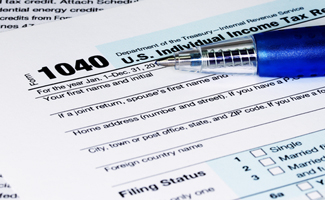House committee can access some Trump financial records from accounting firm, judge rules

Image from Shutterstock.
A federal judge in Washington, D.C., ruled Wednesday that a House committee can access some financial records for former President Donald Trump and his company through a subpoena issued to his accounting firm.
U.S. District Judge Amit Mehta of the District of Columbia said the House Committee on Oversight and Reform could access records held by Mazars USA regarding foreign payments to Trump hotels for 2017 and 2018.
Mehta also allowed access to documents regarding the federal government’s lease with the Trump Organization for the building that houses the Trump International Hotel.
The Aug. 11 decision is here.
Congress said it needed those documents in connection with its intent to legislate on the topics of federal lease agreements and the foreign emoluments clause, which bans office holders from accepting emoluments from foreign governments.
The Trump Organization was paying profits from foreign government payments to its hotels to the U.S. Treasury, but Congress wanted more information on how the company was calculating the payments. The committee had sought documents going back to 2011, but Mehta said there was no need for documents for the time period before Trump took office.
Mehta ruled for Trump on a different committee request. The judge said Congress’ asserted purpose of bolstering financial disclosure laws for presidents and presidential candidates does not warrant disclosure of Trump’s personal and corporate financial records. Other sources of information could help Congress as it considers the issue, Mehta said.
Mehta ruled after applying a four-factor test that judges must use when considering the validity of congressional subpoenas directed at a sitting president’s personal papers. The U.S. Supreme Court established the test in July 2020.
One of the factors tells judges to consider evidence supporting a claim that a subpoena advances a valid legislative purpose. Another says a subpoena must be no broader than reasonably necessary to support Congress’ legislative objective.
Politico and Reuters have coverage of Mehta’s decision, Trump v. Mazars USA.
A separate request for Trump’s tax records by the House Committee on Ways and Means is pending before a different judge.
In a different case, the Trump Organization’s chief financial officer, Allen Weisselberg, was indicted on tax fraud charges after the Supreme Court refused to interfere with a grand jury subpoena by the Manhattan district attorney’s office in New York.
Write a letter to the editor, share a story tip or update, or report an error.


